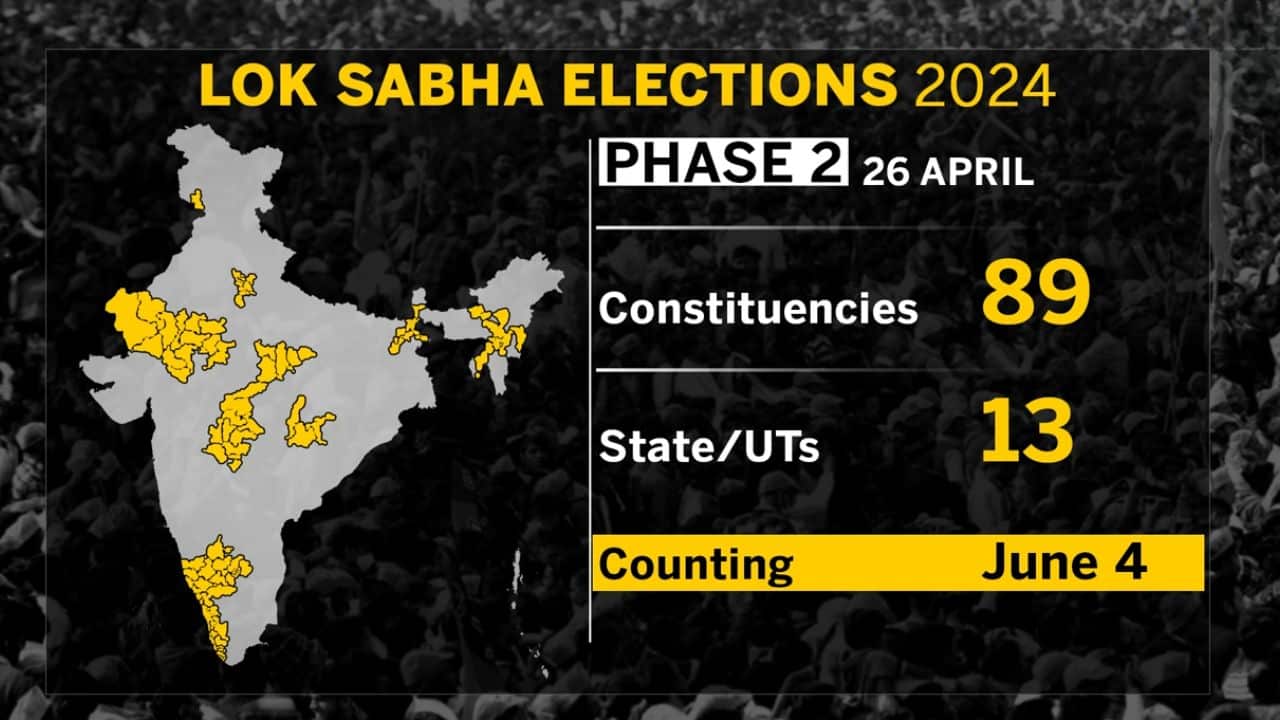Many people suffer from various forms of depression, and it is a common and debilitating mental health condition. A lot of patients do not respond adequately to these approaches or experience intolerable side effects. In the interest of making further progress in more effective treatments, Transcranial Magnetic Stimulation has emerged. This piece explores the effectiveness of TMS, its associated costs, and other relevant considerations in the treatment of depression.
An Overview of this Innovative Treatment
TMS is a neuro-stimulation technique that uses magnetic fields to modulate brain activity. This treatment does not require surgery, and it does not require any invasions of privacy. Research into TMS has gone on for a long time, and the treatment gained FDA approval for the treatment of depression in 2008.
The procedure involves placing a magnetic coil near the patient’s head and releasing regular magnetic pulses. The treatment targets the front of the skull, typically over the left prefrontal cortex. Analysis of the brain shows that this area of the brain is the center of control for emotions and thoughts. That is why the treatments try to stimulate neuronal activity in those particular brain regions.
Costs of Obtaining Treatment
The cost of TMS treatment can vary depending on several factors. These include the how severe the symptoms, and the number of treatment sessions. Other factors are the type of disorder that is being treated and whether insurance covers the procedure. A full course of TMS treatment typically consists of daily sessions over several weeks, often ranging from 20 to 30 sessions. Total TMS therapy cost can reach a few thousand dollars in the United States.
Effectiveness of TMS
Even before FDA approval, numerous studies had been conducted on how magnetic stimulation affects the brain. In the years since, research has continued. Here is a brief overview of the conclusions gained so far:
Efficacy
Both clinical studies and real-world experiences have been undertaken. They have demonstrated the effectiveness of TMS in reducing depressive symptoms. This is especially true for patients who have proven to be unresponsive to other treatments. It is considered a safe and well-tolerated option for such individuals seeking relief from depression.
Response Rates
As with almost any treatment in medicine, TMS is not 100% effective. Results with TMS vary, but many patients experience significant improvement in their depressive symptoms. Clinical trials have reported that about half of patients experienced improvements in their long-term mood. In addition, about one in three patients experienced a total end to symptoms. Keep in mind that these are patients who showed little to no response to other forms of treatment.
Benefits of TMS Treatment
Apart from its efficacy against resistant forms of depression, TMS has other benefits. Here are some of them:
- Minimal Side Effects
Compared to other medications for depression, TMS has one of the lowest risks of systemic side effects. The most common side effects of TMS are mild, a bit of scalp discomfort, or headaches during or after treatment sessions. Compared to shock therapy, the risk of seizures or adverse reactions is minuscule.
- Maintenance of Benefits
The effects of TMS treatment are shown to be sustained over time. Some tests have shown that patients who respond to TMS experience long-lasting improvements. They were also less likely to suffer the risk of relapse.
Considerations and Directives for Treatment
Due to the unconventional approach of TMS, some special considerations are necessary before undergoing it. TMS is a bespoke treatment, so optimal stimulation location and intensity depend on some factors. An evaluation is carried out before a schedule of sessions is tailored to each patient’s specific needs. Another consideration is combination therapies, pairing TMS with other treatments.
Research advancements are constantly being made in the various fields of medicine, and TMS is no exception. Ongoing research is exploring new protocols, techniques, and variations of TMS. The goal is to enhance its effectiveness and reduce treatment duration.
TMS offers a lot of hope for individuals suffering from treatment-resistant depression. It is effective, and it also has a relatively low side effect profile. These attributes make it a viable alternative to traditional treatments in the field of mental health. Patients considering TMS should consult with their healthcare providers to determine if it is a suitable option for their specific condition and financial situation.






































